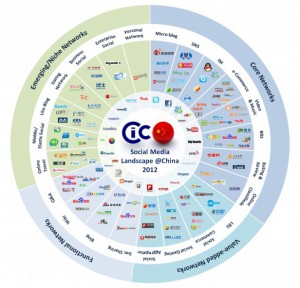
Investigations Around Libya
NATO’S Craven Coverup of Its Libyan Bombing
by VIJAY PRASHAD, Counterpunch, March 15, 2012
Ten days into the uprising in Benghazi, Libya, the United Nations’ Human Rights Council established the International Commission of Inquiry on Libya. The purpose of the Commission was to “investigate all alleged violations of international human rights law in Libya.” The broad agenda was to establish the facts of the violations and crimes and to take such actions as to hold the identified perpetrators accountable. On June 15, the Commission presented its first report to the Council. This report was provisional, since the conflict was still ongoing and access to the country was minimal. The June report was no more conclusive than the work of the human rights non-governmental organizations (such as Amnesty International and Human Rights Watch). In some instances, the work of investigators for these NGOs (such as Donatella Rovera of Amnesty) was of higher quality than that of the Commission.
Due to the uncompleted war and then the unsettled security state in the country in its aftermath, the Commission did not return to the field till October 2011, and did not begin any real investigation before December 2011. On March 2, 2012, the Commission finally produced a two hundred-page document that was presented to the Human Rights Council in Geneva. Little fanfare greeted this report’s publication, and the HRC’s deliberation on it was equally restrained.
Nonetheless, the report is fairly revelatory, making two important points:
Continue reading “Chuck Spinney: Investigating NATO's War Crimes Against Libya”



